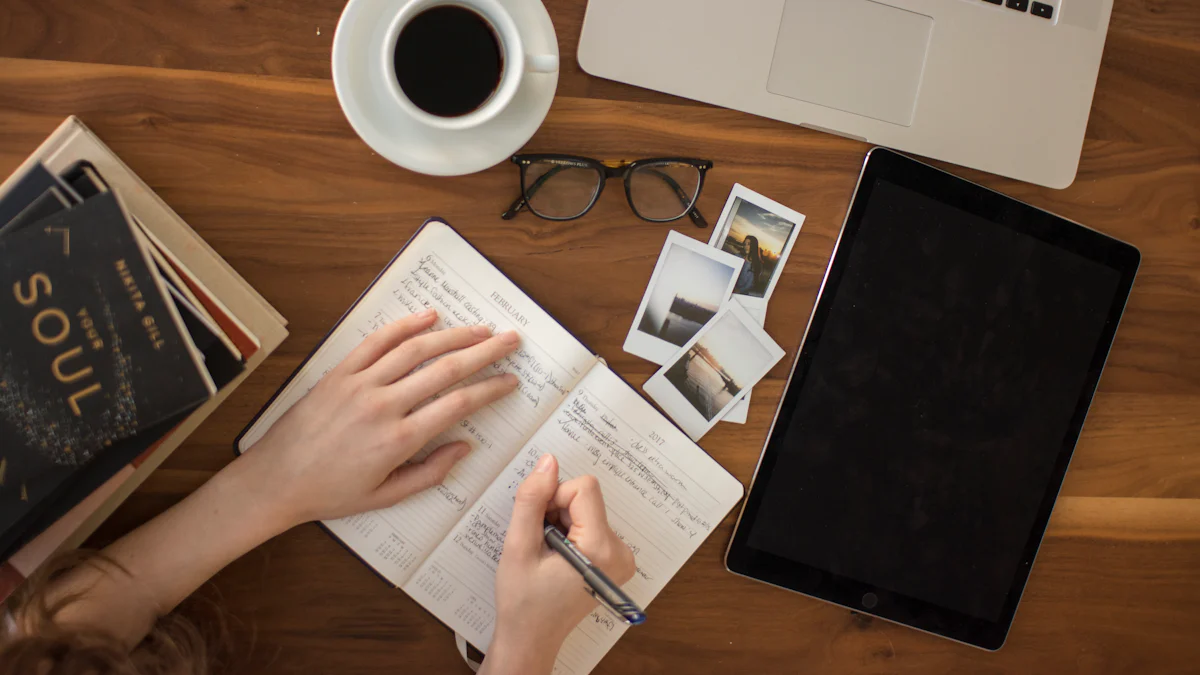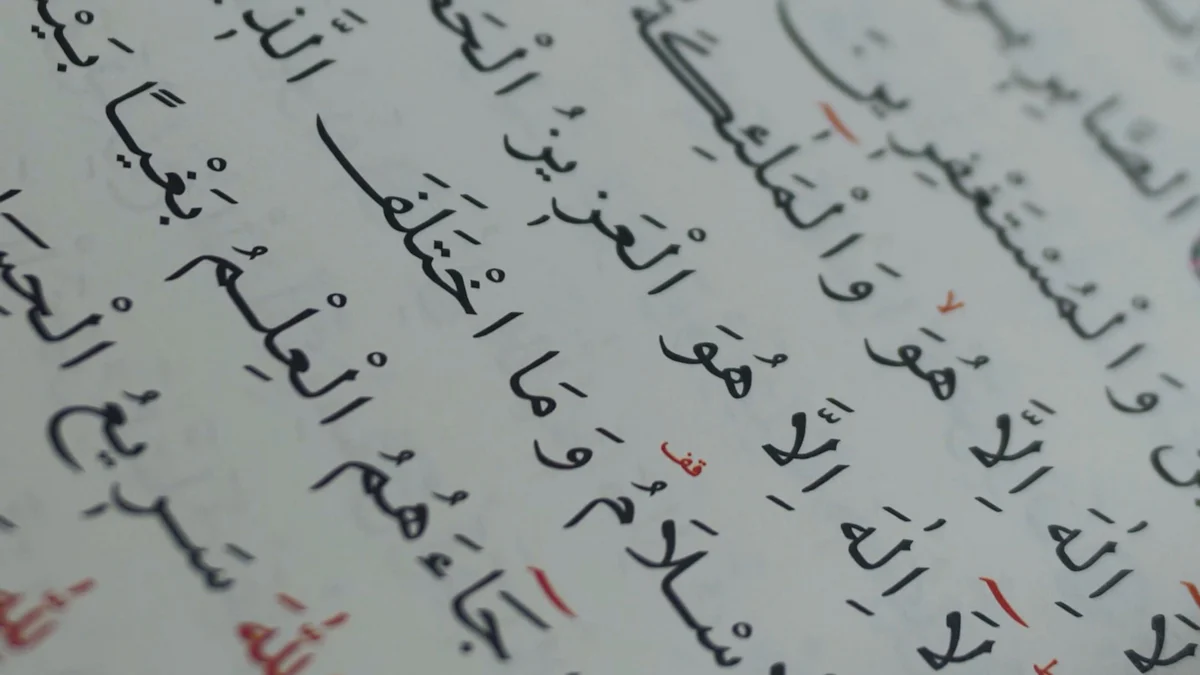Writing Poetry with Generative AI: Is it Authentic?

You might wonder if poetry created by Generative AI holds the same authenticity as human-written verses. AI-generated poetry uses advanced techniques like natural language processing and sentiment analysis to craft its pieces. These programs learn from vast datasets of existing poems, allowing them to mimic the tone and style of various poets. Interestingly, a study found that 62% of participants struggled to tell AI-generated poetry apart from human-written ones. As AI technology advances, the sophistication of these poetic creations will likely increase, raising intriguing questions about their authenticity.
Understanding AI-Generated Poetry
How Generative AI Creates Poetry
Use of Training Data
You might wonder how Generative AI crafts poetry. The process begins with training data. AI programs analyze vast collections of existing poems. This data helps the AI understand different poetic styles, themes, and structures. By learning from these examples, AI can mimic the tone and style of various poets. This method allows AI to generate poetry that feels familiar and resonates with readers.
Algorithms and Techniques
The magic behind AI-generated poetry lies in algorithms and techniques. These algorithms process the training data and identify patterns. Techniques like natural language processing and sentiment analysis play a crucial role. They enable AI to create verses that not only rhyme but also convey emotions. As AI technology advances, these techniques become more sophisticated, allowing for more nuanced and complex poetic creations.
Historical Context and Development
Evolution of AI in Creative Fields
AI's journey into creative fields has been fascinating. Initially, AI focused on logical tasks like calculations and data analysis. Over time, its capabilities expanded into creative domains, including poetry. This evolution marks a significant shift in how we perceive AI's role in art. Today, many contemporary poets embrace AI as a collaborator. They use it to generate ideas and explore new creative avenues.
Milestones in AI Poetry Generation
Several milestones highlight the development of AI poetry. Early attempts involved simple algorithms generating basic rhymes. As technology progressed, AI began producing more sophisticated pieces. A notable milestone occurred when AI-generated poetry became indistinguishable from human-written works for many readers. This achievement underscores AI's potential in creative fields. It also raises intriguing questions about the future of poetry and authorship.
The Authenticity Debate
Arguments for Authenticity
Creativity and Originality in AI
You might find it surprising that AI can create poetry that rivals human creativity. AI programs like GPT-2 have generated poems that are indistinguishable from those written by humans. For example, one poem began with the line, “A venomous voice whispers truths in my ear,” and continued with vivid imagery and metaphors. This demonstrates AI's potential to craft evocative and powerful poetry. By analyzing patterns, styles, and themes from vast corpora of text, AI mimics the creative process. This often blurs the line between human and machine authorship.
Expert Opinions Supporting AI Poetry
Experts in AI poetry generation highlight the capabilities of AI in crafting authentic poetry. They argue that AI's ability to produce emotionally engaging and thought-provoking content showcases its creative potential. Some experts believe that AI can serve as a valuable tool for poets, offering new perspectives and ideas. By collaborating with AI, poets can explore innovative creative avenues, enriching their work with fresh insights.
Arguments Against Authenticity
Lack of Human Emotion and Intent
Critics argue that AI-generated poetry lacks the depth and nuance of human writing. They believe that only human poets possess the consciousness and subjective experience necessary for producing meaningful art. AI-generated poetry, according to these critics, is merely algorithmic programming without true intent. The absence of human emotion and intent raises questions about the authenticity of AI-created works.
Criticisms from Poets and Scholars
Many poets and scholars express skepticism about AI's role in poetry. They contend that AI cannot replicate the unique perspective and emotional depth that human poets bring to their work. Some view AI-generated poetry as lacking the subtlety and complexity found in human creations. These criticisms highlight the ongoing debate about the value and authenticity of AI-generated poetry in the literary world.
Ethical Considerations
Attribution and Ownership
The Risk of Perceived Theft
When you use AI to generate poetry, you might face the risk of perceived theft. AI-generated poetry often draws from vast datasets of existing works. This raises concerns about originality and ownership. If you present AI-generated poetry as your own without acknowledging the AI's role, others may view it as intellectual theft. This perception can damage your reputation and credibility in the literary community.
Legal and Moral Implications
The legal landscape surrounding AI-generated poetry is complex. Copyright ownership varies across jurisdictions. In some places, like the UK, copyright subsists in generative AI outputs. However, laws in other regions remain unsettled. You must consider the terms offered by the AI tool provider and the governing law of the agreement. Understanding these factors helps you navigate the legal and moral implications of using AI-generated poetry. It ensures that you respect the rights of original creators and avoid potential legal disputes.
Impact on Human Poets
Competition and Collaboration
AI-generated poetry introduces new dynamics in the world of poetry. You might see AI as a competitor, as it can produce poetry that rivals human creativity. However, AI also offers opportunities for collaboration. By working with AI, you can explore new creative avenues and expand your poetic expression. This collaboration enriches the creative landscape, inviting you to appreciate the fusion of human and machine creativity.
The Value of Human Creativity
Despite AI's capabilities, human creativity remains invaluable. You bring unique perspectives and emotions to your work that AI cannot replicate. AI-generated poetry challenges traditional definitions of art and creativity. Yet, it also highlights the irreplaceable value of human creativity. As a poet, you have the ability to infuse your work with personal experiences and emotions. This depth and nuance make your poetry truly authentic and meaningful.
The Future of AI in Poetry

Technological Advancements
Potential for Improved Creativity
You might find it fascinating that AI technology continues to evolve, showing remarkable potential in poetry generation. AI programs have already produced poems that are indistinguishable from those written by humans. As these technologies advance, they could surpass human creativity in crafting poetry. This progress opens up exciting possibilities for the future of poetic expression. AI's ability to analyze vast corpora of text allows it to mimic the creative process, resulting in poetry that often blurs the line between human and machine authorship.
Integration with Human Poets
AI's integration with human poets offers a unique opportunity for collaboration. You can use AI as a tool to enhance your creative process. By working alongside AI, you can explore new styles and themes, pushing the boundaries of traditional poetry. This partnership enriches the creative landscape, allowing you to experiment with innovative ideas and perspectives. AI serves as a valuable collaborator, offering fresh insights and inspiration for your poetic endeavors.
Ongoing Challenges
Capturing Human Emotion
Despite AI's advancements, capturing human emotion remains a significant challenge. You bring a depth of feeling and personal experience to your poetry that AI struggles to replicate. While AI can generate text that mimics human writing, it lacks the genuine emotion and intent that you infuse into your work. This limitation highlights the ongoing challenge of creating AI-generated poetry that resonates on an emotional level with readers.
Balancing Innovation with Tradition
Balancing innovation with tradition presents another challenge in the realm of AI poetry. You might find yourself navigating the tension between embracing new technologies and preserving the rich heritage of poetic expression. AI-generated poetry challenges traditional definitions of art and creativity. However, it also invites you to consider how these innovations can coexist with established poetic traditions. Striking this balance ensures that AI poetry continues to evolve while honoring the timeless qualities that make poetry a cherished art form.
In exploring AI-generated poetry, you have encountered a fascinating intersection of technology and creativity. AI's ability to mimic poetic styles raises questions about authorship and originality. You might wonder if a machine can truly create art or if it diminishes human creativity. As AI continues to evolve, you should consider its role in creative fields. Engage in discussions about AI's impact on art and form your own opinions. Reflect on how AI challenges traditional boundaries while offering new possibilities for poetic expression.
See Also
Can Artificial Intelligence Replace Human Creativity?
Authors Partnering with AI for Innovative Storytelling
